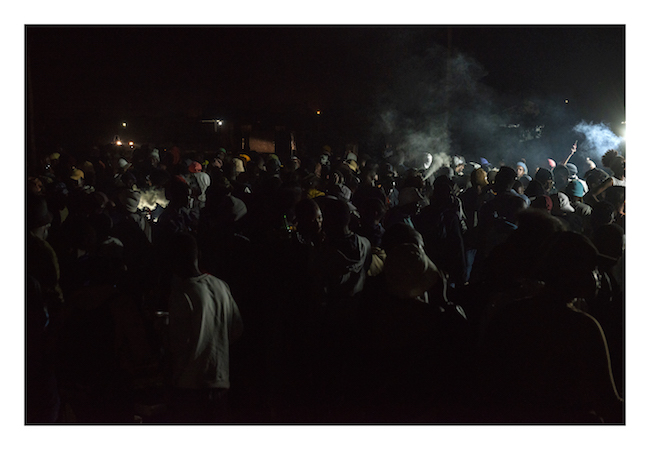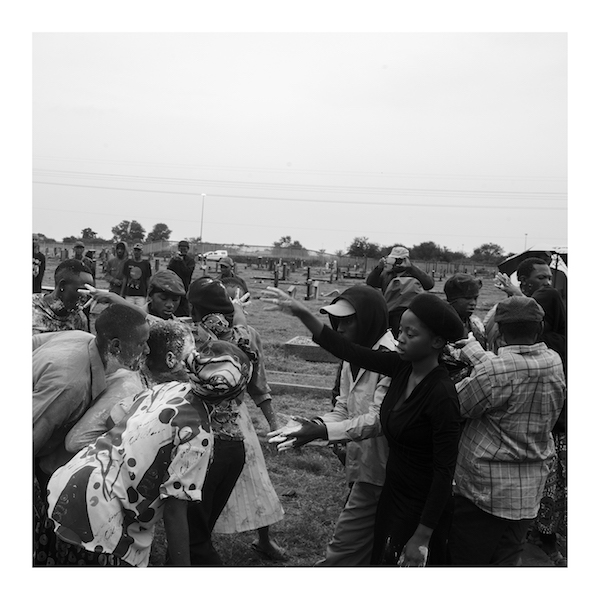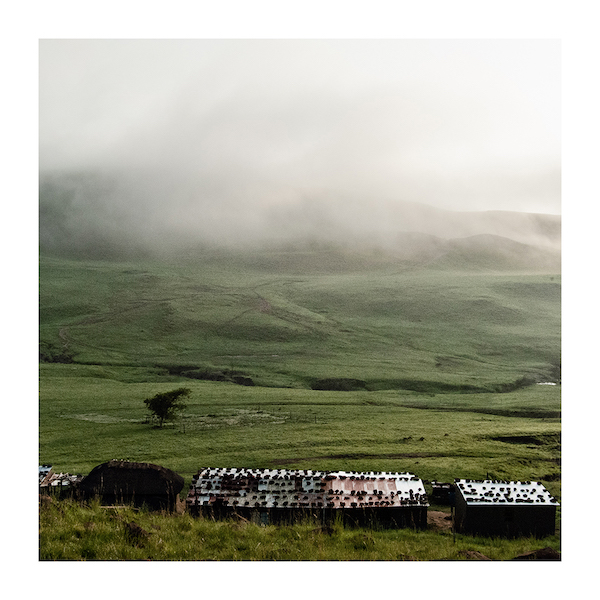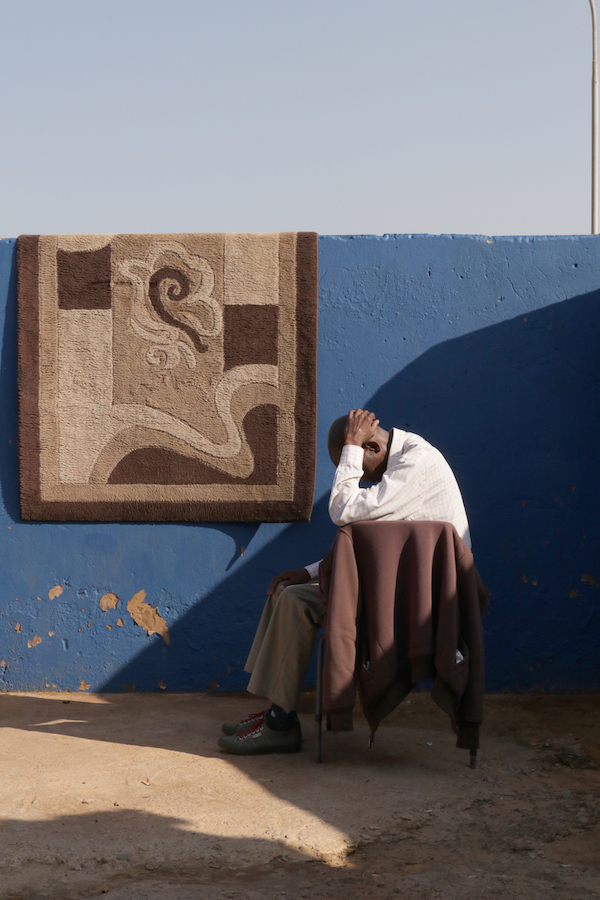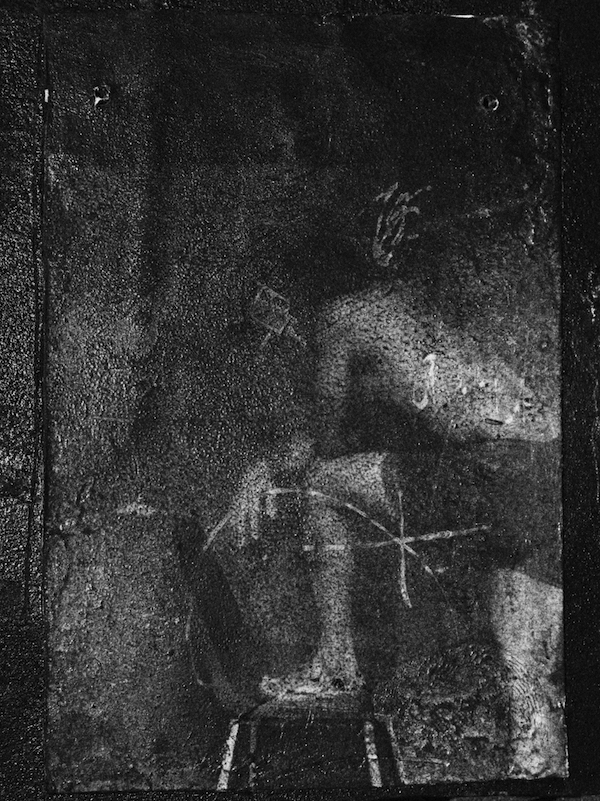Cover Image: © Jabulani Dhlamini, Kwa-Z carwash, Phola Park, Thokoza, 2022
A new exhibition of work by Jabulani Dhlamini and Thembinkosi Hlatshwayo at PhotoSaintGermain festival will mark the initiative’s 10th anniversary
Launched in 2012 by Rubis Mécénat – the Rubis Group’s endowment fund – Of Soul and Joy is an ongoing socio-cultural initiative designed to bring photography skills and opportunities to young people in the township of Thokoza, South Africa. Over the past ten years, it has awarded almost 50 scholarships to promising new talent, facilitated over 100 workshops, and organised over 20 exhibitions both locally and abroad. Now, to mark this decade-long anniversary, the fund is unveiling an ambitious international exhibition – a show at PhotoSaintGermain festival in Paris by two photographers who met via the programme: Jabulani Dhlamini (b.1983) and Thembinkosi Hlatshwayo (b.1993).
Having first met through Of Soul and Joy as mentor and student, the two photographers developed a symbiotic creative relationship, and found mutual ground in the theme of memory. Titled iHubo – Whispers, the exhibition picks up on this shared interest, and interweaves the artists’ pictures in an overlapping narrative. ‘iHubo’ is a Zulu word, meaning ‘hymn’, and understood as a way of archiving history in the form of song. Here, that idea of oral tradition and rhythm is transformed into a visual experience.
For Dhlamini, this project found him journeying back to his hometown of Warden, situated in the country’s Free State province. Continuing from his project Recaptured – a tender reexamination of the brutal 1960 Sharpeville Massacre through the lens of his family’s lived experiences – Dhlamini set out once again on the trail of personal and collective trauma. Taking a documentary approach, he photographed reflectively in both colour and black and white. He looked for small moments that show everyday life ticking on. In the resulting constellation of landscapes and portraits, he captures a sense of the weight of history, and the past that lingers in the countryside that shaped him.
Hlatshwayo, meanwhile, has been photographing the tavern owned by his parents for the last two years. The project is titled Slaghuis, which translates as ‘violent place’. Having grown up there, Hlatshwayo recalls endless scenes of violence, sex and death inside the bar’s walls. The project has been a sort of cathartic reckoning with this painful part of his familial history. Where some of the images are everyday scenes shot in colour, others are monochrome and abstract – ones in which Hlatshwayo has honed in on the literal details of the walls. For these images, he has also made physical interventions into the surface of the photographs. This manifests the emotions of those memories in a physical way, conjuring monochrome spectres out of them and leaving markings that feel like wounds.
Taking place from 03 to 19 November, the show is curated by former director of both Paris Photo and Magnum Gallery, Valérie Fougeirol. “The exhibition, with its two complementary facets, is built around memories which resurface – past and present, in colour and in black and white – the traces of personal stories which intersect and intermingle,” she says.
Haunted by the ghosts of memories both personal and shared, the work in iHubo – Whispers comes together to create a compelling photographic space at the intersection of storytelling and national trauma. “The two photographers have embarked on a journey to move forward and let go of shared suffering. The narrative is rewritten so that trauma does not remain static and become fixed in the walls, but repairs a shared soul, just as one might repair a house,” Fougeirol says. Through their lenses, then, they work together towards liberation from the past.

